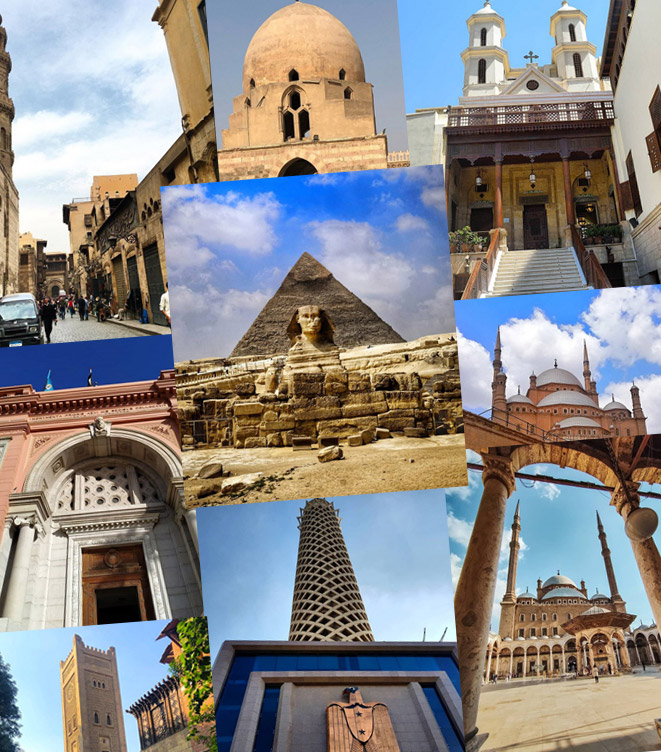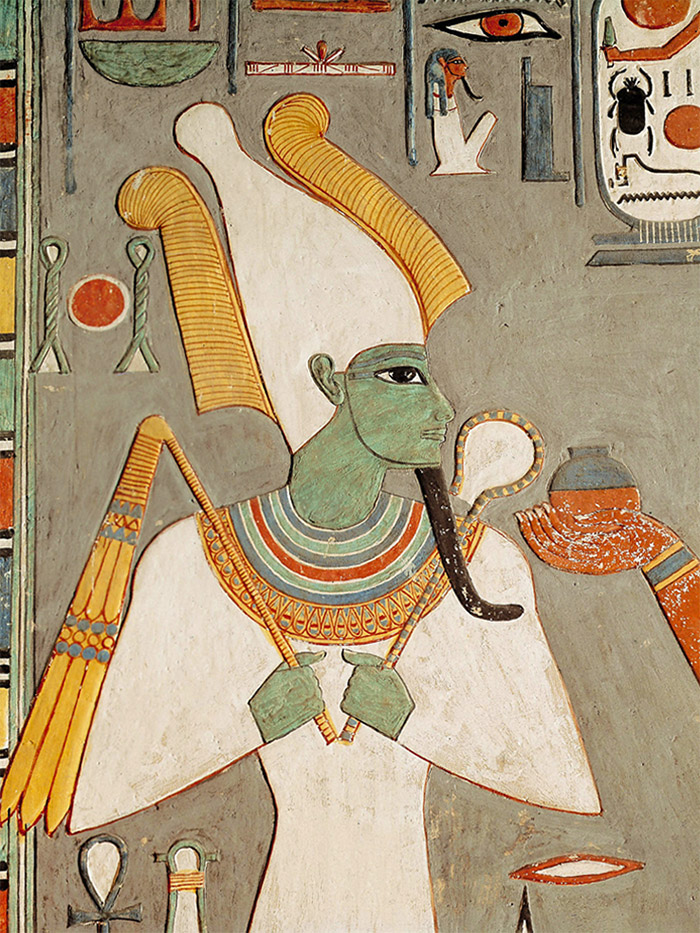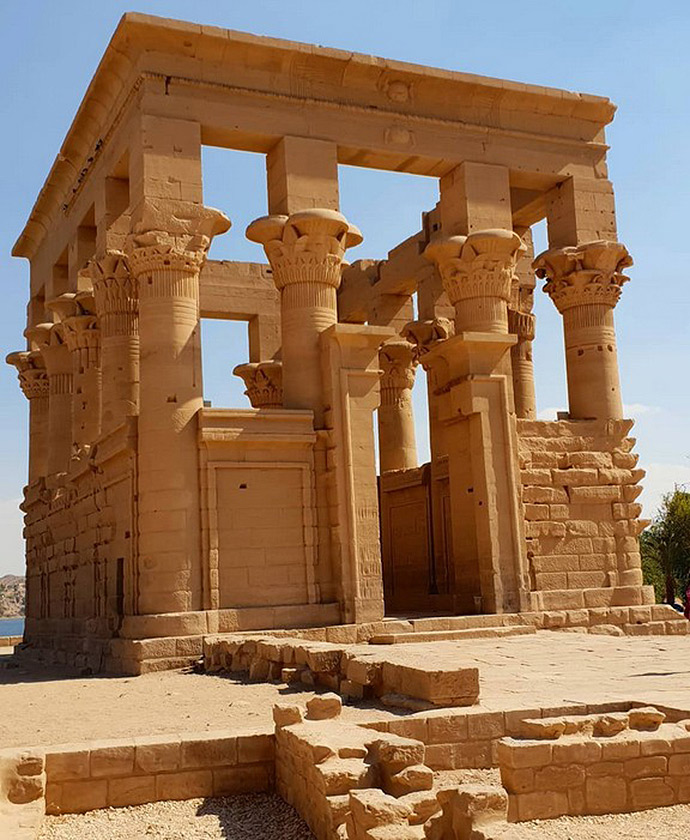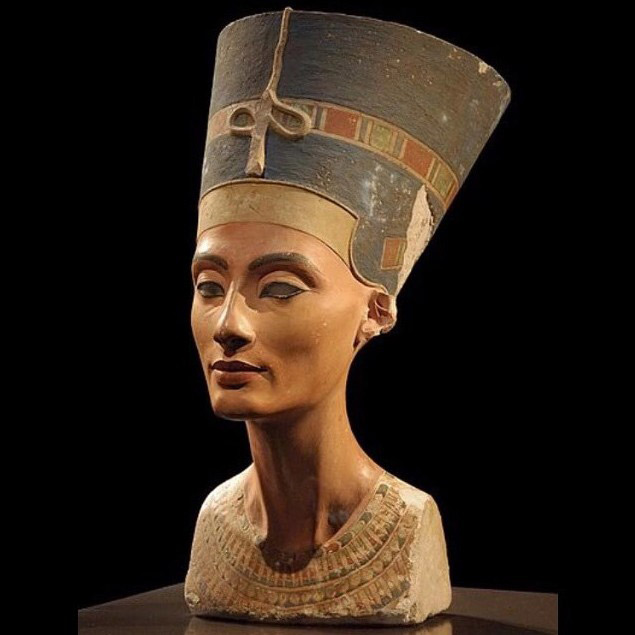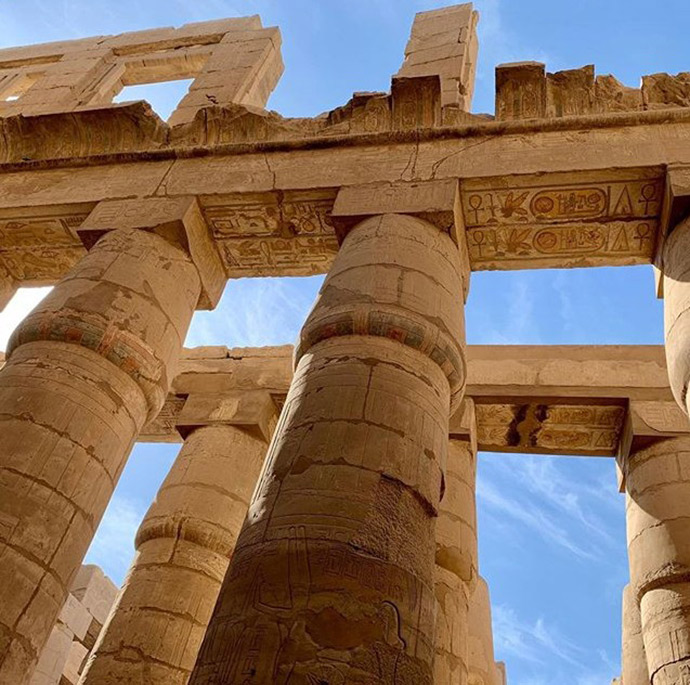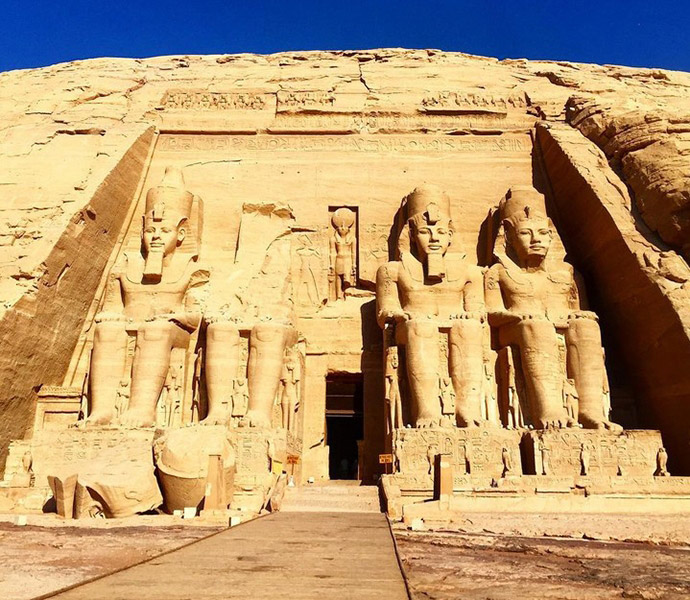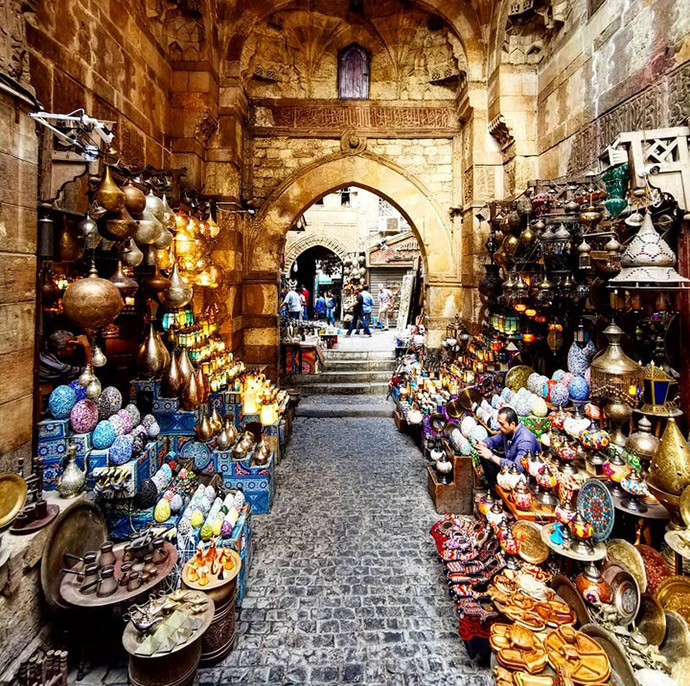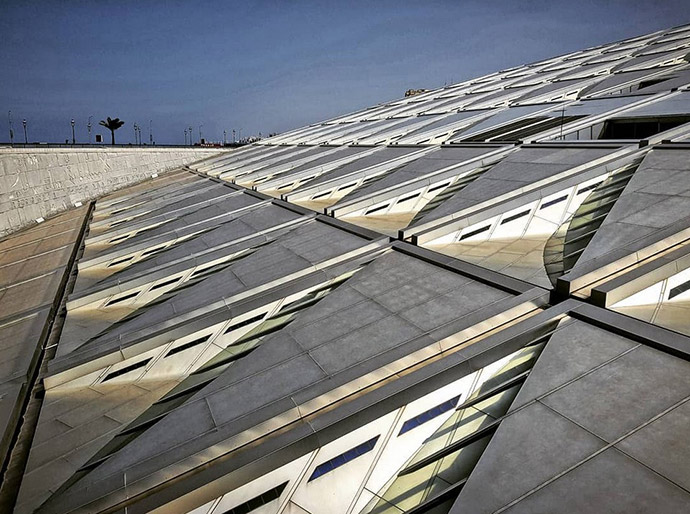
The Great Library of Alexandria – before it was destroyed nearly 2,000 years ago, made Alexandria at the time, home to one of the largest and most exceptional libraries of the ancient world.
Why is the destruction of the Great Library considered one of the greatest tragedies of the ancient world? We will first have to explore what made the Great Library of Alexandria so significant.
The Great Library
Researchers claim that the Library was in fact, two libraries. One of them was named the “Temple of the Muses,” or “the Museum,” from which the modern word “museum” is derived. The Library was so large that another library at the Temple of Serapis was part of it.
When was the Library of Alexandria built and by whom?
The Library was named after Alexander the Great, who envisioned it, but plans to build it were made by his successor, Ptolemy I Soter, based on a proposal by Demetrius of Phaleron, an exiled Greek statesman.
The actual Library itself was only constructed during the reign of his son, Ptolemy II Philadelphus, which, according to historians was in 283 B.C.
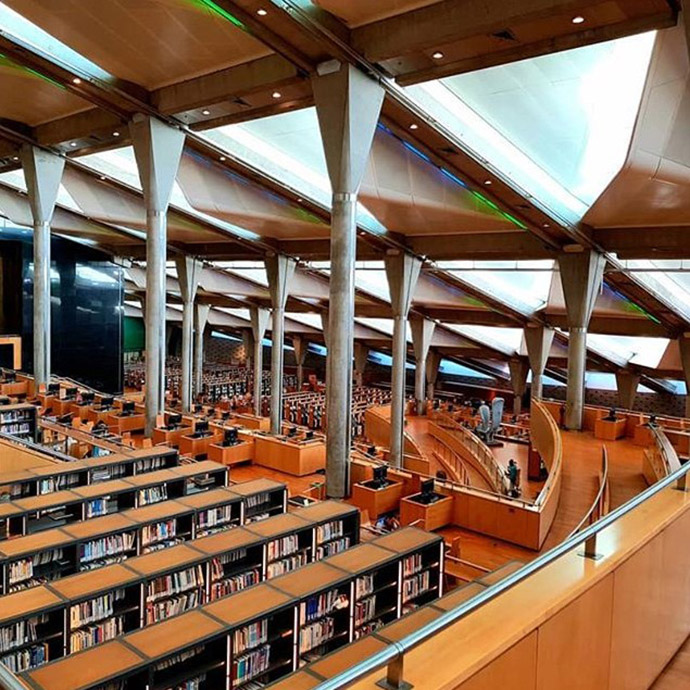
Why was the Great Library significant?
As a library, it amassed a collection of more than half a million books from around the world, containing works by the greatest thinkers, including Homer, Plato, Socrates and many more.
Ptolemy’s goal was to collect every existing written work. These were acquired through purchases, contributions from visitors, from agents sent abroad to collect new works, and from donated manuscripts.
Books were also obtained from visiting ships. Government officials searched ships that docked at the harbour, for books, and brought them to the Library for inspection. These books were then returned or replaced with a copy made by scribes. A notable contribution was Aristotle’s library, which was willed to the Library of Alexandria. This was how Alexandria acquired the largest collection of books in history.
It was also the ancient world’s first research centre. There were laboratories and medical schools. Herophilus, the anatomist, set up his school of medicine there. As dissecting human cadavers was permitted in Egypt at the time, this led to an advancement in the science of anatomy. Such a practice was prohibited in Greece.
Many scholars lived here full time. They researched, wrote, translated and copied documents. It was here that The Old Testament was translated from Hebrew into Greek.
Brilliant minds from all over the world, including scientists, mathematicians and poets, flocked to Alexandria to study and exchange knowledge. Thus, enhanced the Library’s reputation as the most advanced centre for learning.
The Greek mathematician Claudius Ptolemy and Pedanius Dioscorides, a Greek physician, built on that wealth of knowledge by adding their contributions. The community of influential scholars pushed the boundaries of our knowledge.
How was this Great Library destroyed?
There is no solid evidence as to how or when the Library was destroyed. Many suggest that it was burnt down during the Alexandrian War in 48 B.C., when Julius Caesar set fire to the Egyptian fleet.
The blame for the burning of the Library was also attached to Amr Ibn Al-As. It is also believed that it was burned by the Emperor Theodosius in 390 A.D. when he banned all religions other than Christianity.
Despite the tragic circumstances that were attributed to the Library’s destruction, another theory has been put forth that it suffered a slow death over several centuries. The expulsion of intellectuals, lack of funding and support, and bureaucracy were some of the reasons suggested.
Whatever the cause, the memory of the Great Library of Alexandria lives on and continues to inspire scholars everywhere.
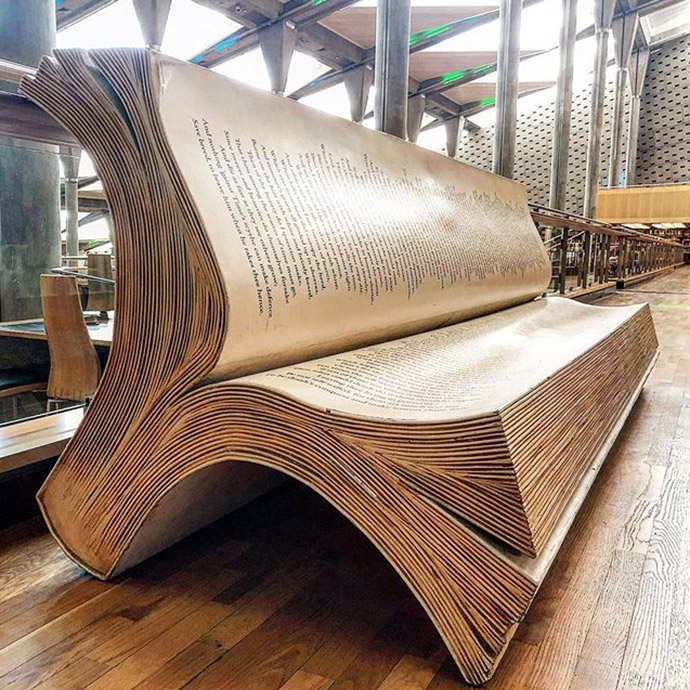
Reviving The Great Library of Alexandria
In 2002, a research library and cultural centre opened in Alexandria to commemorate the Library. The Bibliotheca Alexandrina was created with the intention of reviving the city into a world-class learning centre once again.




